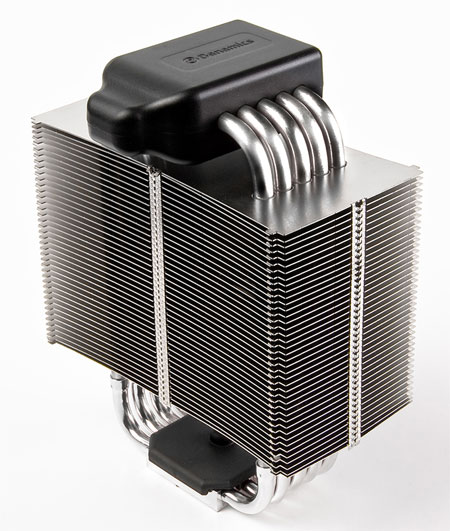The world's CPUs are getting quicker and smaller, but hotter, too. Whilst processor technology moves forward at an increasingly rapid pace, cooling solutions don't tend to keep up.
That, however, could change if Danamics' LM10 CPU cooler can do what it claims. The LM10 is the world's first commercially available liquid metal based CPU cooler, and promises to be an efficient, reliable and scalable technology base for cooling of high heat flux semiconductors.
Danamics was founded in Denmark back in 2005, and has used metal based cooling solutions for a variety of larger-scale purposes. With the growing need for improved PC-orientated cooling, it has now set its sights upon CPU hot spots and believes its technology to be the answer.
So, how does it all work? Well, the LM10 cooler, pictured below, comprises of two key elements; liquid metal and an electromagnetic pump. The electromagnetic pump has the advantage of no moving parts, and an unlimited mean time between failures. The liquid metal has superior thermo physical properties and can be circulated without moving parts thanks to the electromagnetic pump.

Put it all together and you have what Danamics claims to be a cooler that has the lowest thermal resistance of any air-cooler in the market, and cooling capabilities that exceed most water coolers in a single device. Bold claims, indeed.
There's clearly plenty of advantages over traditional air and water cooling. There's no need for a fan thanks to the electromagnetic pump, and unlike water cooling, there's no need to mount radiators, pumps or other equipment. With no moving parts, noise isn't a factor, either.
It all sounds mighty promising, but we've yet to see any real-world performance figures. Though we must admit, we're itching to put the LM10 to the test. There's also no word on pricing, and that may ultimately decide whether or not this technology moves forward.
Nonetheless, it's interesting stuff and you can read all about it at the official Danamics website.













